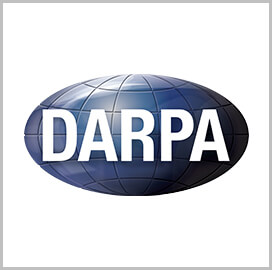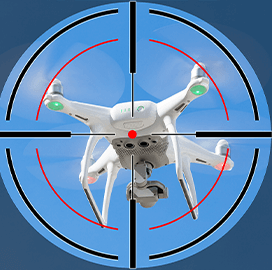
Service providers wanted
DARPA Seeks Proposals for Autonomous, Rapid-Response Modeling
The Defense Advanced Research Projects Agency is soliciting proposals for its Transfer from Imprecise and Abstract Models to Autonomous Technologies program, geared toward developing rapid learning methods able to deliver same-day autonomy transfer.
TIAMAT is envisioned as a two-phase program featuring sim-to-sim and sim-to-real model competitions. Each phase runs for 18 months, with the first segment’s results used to short-list the participants to three from six chosen original proponents, DARPA said.
According to the agency, the winning models must be sturdy in dynamic, rapidly changing environments and compatible with varied domains and platforms. The eventual TIAMAT method must also be adaptable to varying military missions, DARPA added.
The agency will receive TIAMAT proposals until Dec. 20.
Alvaro Velasquez, DARPA program manager, said the project seeks “generalizable autonomy” because in real-world scenarios are often unlike the models or simulations.
Through TIAMAT’s high-fidelity data collection, the agency will explore simulation refinements and establish a feedback loop toward a more rapid and stronger learning transfer, Velasquez added.

Category: Future Trends




